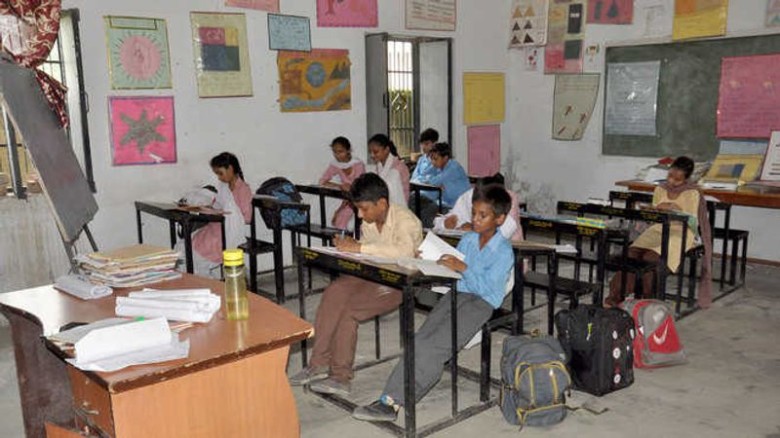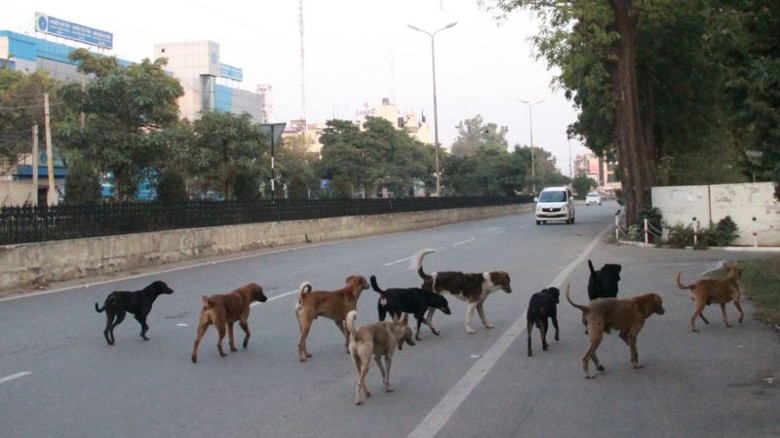Study Reveals Surge in Dog Bite Cases in Jalandhar, Calls for Strengthened Rabies Control Measures
A recent study conducted by District Epidemiologist Dr. Aditya Paul Singh has revealed a 27.79% rise in dog bite cases in Jalandhar in 2024 compared to 2023, with a notable 3% increase in severe (Category III) cases.
Rising Dog Bite Incidents
According to the study, a total of 41,005 dog bite cases were reported in Jalandhar over the past two years. The number of cases rose from 18,001 in 2023 to 23,004 in 2024, marking an increase of nearly 5,000 cases.
Category III dog bite cases—the most severe type, involving deep wounds or multiple bites—rose from 1.6% in 2023 to 4.2% in 2024. Meanwhile, Category II cases also saw a 2% increase, rising from 64.1% in 2023 to 66.3% in 2024.
Study Published in IJCRT
The study, titled “Detailed Review of the National Rabies Control Programme (NRCP) in Jalandhar District (2023-2024)”, was published in the International Journal of Creative Research Thoughts (IJCRT) on March 3. It is based on data from NRCP records in Jalandhar, including:
- Animal bite case reports
- Dog bite categorization (Category I, II, III)
- Vaccination coverage
- Stray dog sterilization efforts
Rabies and Public Health Concern
Dr. Aditya Paul emphasized that rabies remains a major public health challenge in India, with stray dog bites contributing to the majority of cases.
“Rabies is a fatal viral disease primarily transmitted through the bite of rabid animals, with dogs responsible for nearly 99% of human cases. India accounts for approximately 36% of the global rabies burden, which led to the launch of the National Rabies Control Programme (NRCP) under the Ministry of Health and Family Welfare,” he stated.
Key Findings and Recommendations
The study highlighted the consistent rise in dog bite cases from 2023 to 2024, with a significant increase in Category III bites. However, it also found that no rabies-related deaths had been reported in the past five years, reflecting the effectiveness of vaccination programs.
To further strengthen rabies control efforts, the study recommends:
✅ Mass dog vaccination programs
✅ Expanded availability of Anti-Rabies Vaccine (ARV) and Anti-Rabies Serum (ARS), especially in rural areas
✅ Public awareness campaigns on rabies prevention
✅ Enhanced surveillance systems for better tracking of bite cases
✅ Stray dog sterilization programs to control the rising dog population
Challenges in Rabies Control
Despite ongoing efforts, the study identified key challenges, including:
🔴 Growing stray dog population
🔴 Increasing proportion of severe (Category III) bites
🔴 Incomplete post-exposure prophylaxis (PEP) adherence among victims
🔴 Limited availability of ARV and ARS in rural areas
The findings underscore the urgent need for coordinated efforts between health authorities, veterinary services, and community stakeholders to curb the rising trend of dog bites and strengthen rabies prevention measures in Jalandhar.









































































Leave A Comment